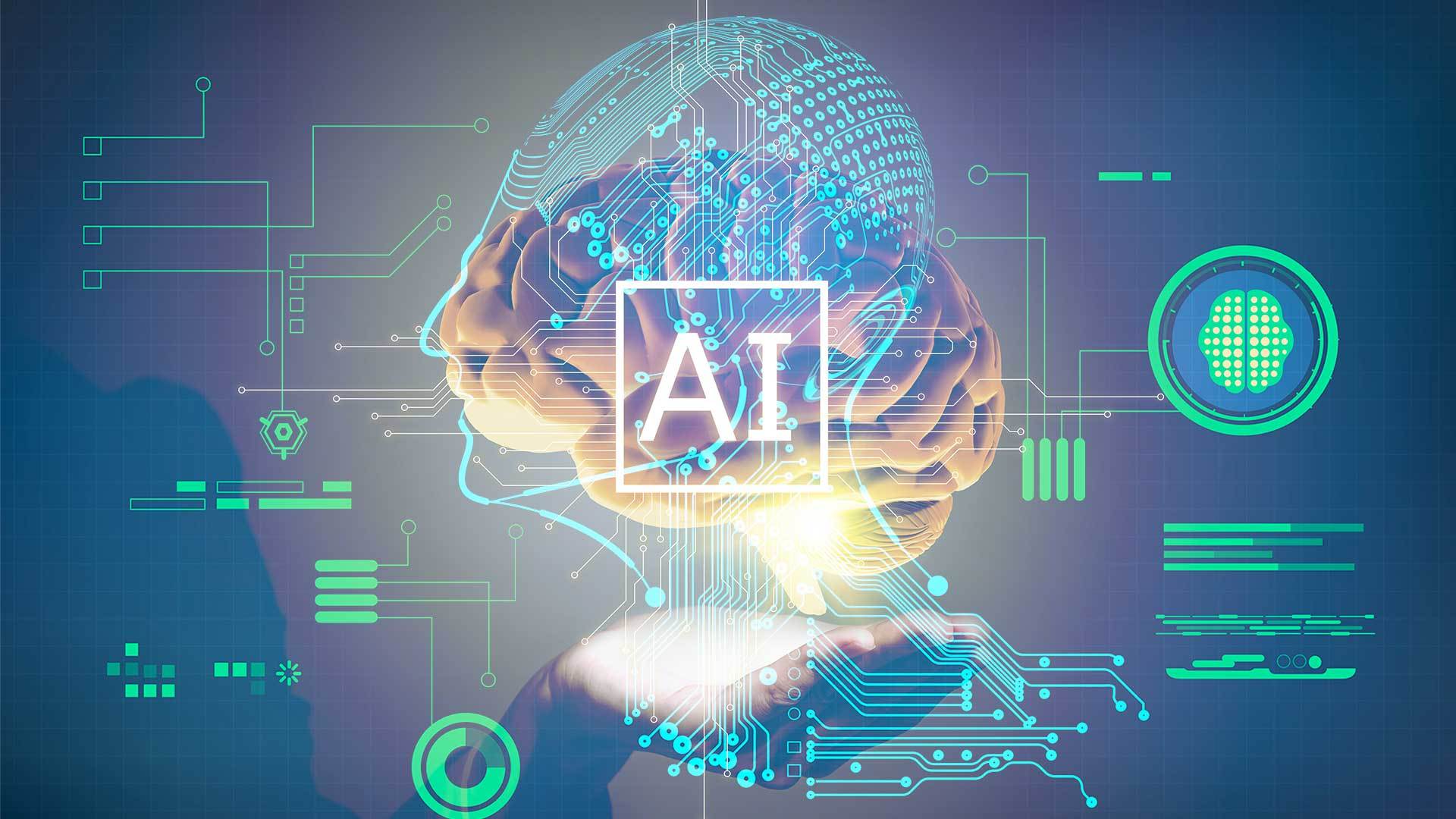
Dear Commons Community,
In July 2019, New York established a commission to explore how rapidly evolving artificial intelligence (AI) and automation technologies can be used to benefit New Yorkers and the state’s economy. This is a question the Rockefeller Institute has addressed in its blog series AI:NY. The first installment found that 53 percent of New York could be facing automation in the near future. A panel of experts saw big opportunities for AI in the fields of healthcare, finance, and education, and called for an educational system that would prepare New Yorkers for the high-skills workforce of the future. The recent AI predictions are very similar to those made at the beginning of the digital revolution in the 1980s and 1990s. As policymakers consider how to respond to new technologies, it can be useful to see how accurate previous predictions have been in forecasting the impacts of other game-changing technologies. Here is a preliminary forecast
“Looking back, we see that, in fact, the Luddites were right; the digital revolution brought job losses in manufacturing. Since the 1980s, the US has lost over 3.5 million manufacturing jobs. But what these forecasters failed to take into account were the gains generated to offset losses. For every manufacturing job lost since 1980, 15.8 new jobs in service industries were created.
It takes decades of hindsight to identify the technologies that will change the structure of our economy and society. Every few years, economists ask if nanotechnology, 3-D printing, the internet of things, or (enter your favorite trendy tech here) is the innovation that will dramatically change the way our economy and labor force functions.
We are presently at the moment where we can ask if AI is going to bring about dramatic structural changes. Many of the changes predicted at the dawn of the digital age are the same ones promised by AI’s proponents: programs that diagnose illnesses, immediate translation of spoken language, and automation of mundane office tasks. The concerns regarding job loss due to automation are the same that are repeated when new technologies are introduced. The most important lesson to be learned by previous forecasters is that it is very easy to see the jobs that will be replaced by technology, but nearly impossible to imagine the opportunities that will be created.”
AI and its effect on employment will be a major issue for people around the globe starting in a decade or so. It is my sense secondary and higher education will be among the sectors that will be significantly impacted.
Tony


